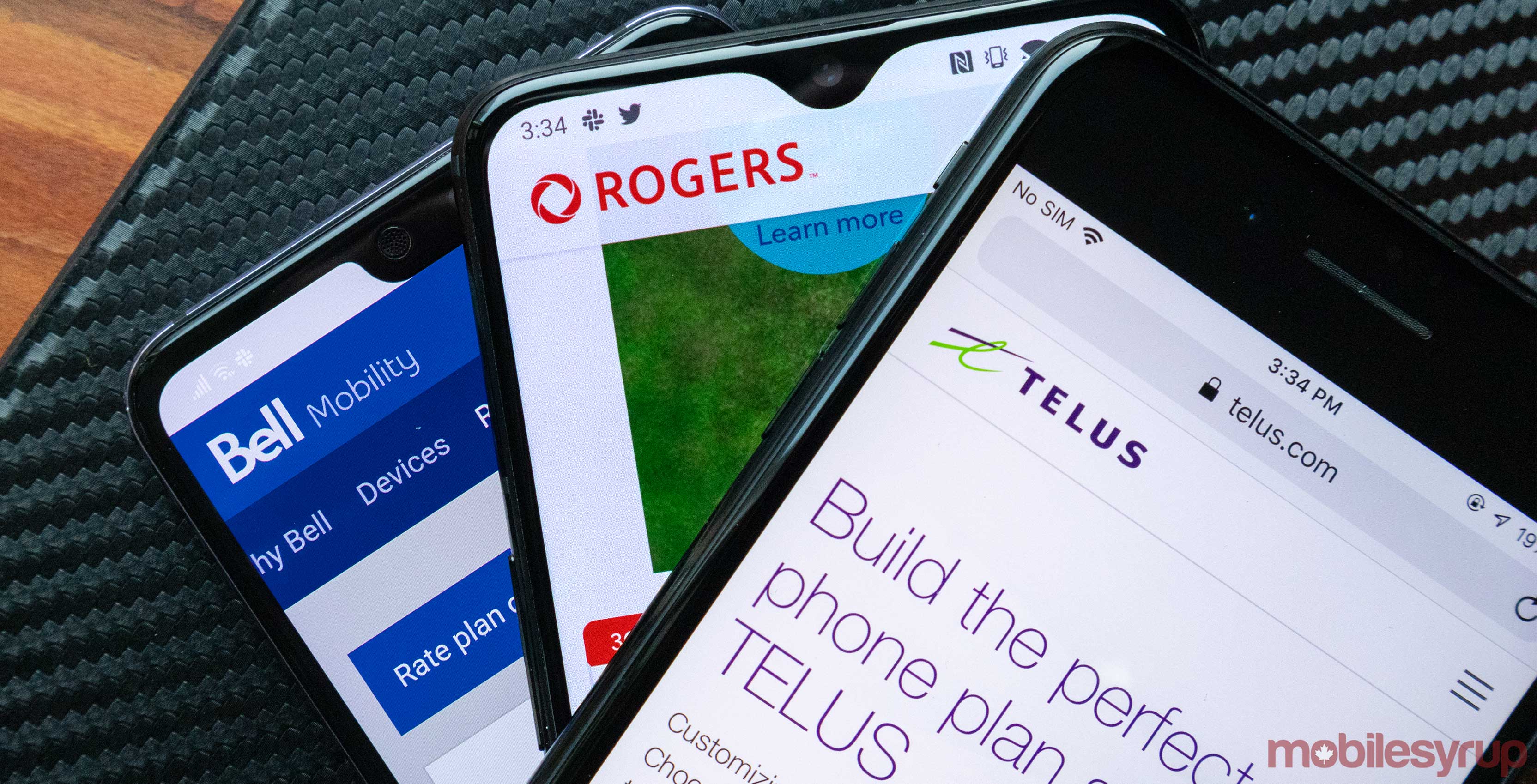
Telus has once again topped ranks in Opensignal’s latest bi-annual mobile network experience report in Canada.
Opensignal’s report looks at users’ experience with video, voice app, download speed, upload speed, 4G availability, 4G coverage and games. The Vancouver-based national carrier won four out the seven categories, and tied for two others.
Telus won the video experience category with a score of 74.5 out of 100, which means that users generally experienced fast loading times and only occasional stalling. Bell followed with a score of 72.8, while Rogers received a score of 69.1.
Telus also ranked first in the voice app experience category with a score of 79.4. Rogers followed with a score of 78.6, while Bell received a close 78.5. These scores fall within the “acceptable” category.
“An acceptable ranking means that users were satisfied but some experienced perceptible call quality impairments such as clicking sounds for a short duration and/or the volume may not have been sufficiently loud,” the report outlines.
In terms of download speed experience, Telus ranked first with 72.7Mbps. Bell and Rogers followed with 67.5Mbps and 53.9Mbps respectively. The report outlines that Rogers users were the only ones that saw their download speed experience improve from the previous report from February.
Telus also won the upload speed experience category with 10.9Mbps. Rogers came in second with 10.5Mbps, and Bell followed with 10.3Mbps.
Opensignal notes that upload speeds are becoming increasingly important as mobile users spend more time uploading videos to social media services like TikTok.
Rogers won first place in the 4G availability category with a score of 94.2 percent. Telus ranked second with 93.2 percent and Bell followed with 92.2 percent.
“All three of Canada’s nationwide operators are strong in this measure of the mobile experience, as our users on their networks experienced 4G availability scores higher than 90 percent on average,” the report states.
Telus and Bell tied for the 4G coverage experience category with scores of 9.6 out of 10. Rogers came in third with a score of 8.3.
“The higher the number means our users experienced 4G coverage in more locations of higher relative importance according to the population that spends time in them,” the report explained.
In terms of game experience, Telus and Rogers tied with scores of 70.9 and 69.9 respectively, but Bell wasn’t far behind with a score of 68.5.
Scores within this category mean that users found the experience “average,” and that in most cases, the game was responsive to the actions of the player with most users reporting that they felt like they had control over the game.
Opensignal outlines that the Canadian mobile network experience has been resilient compared with other countries in relation to the impact of the COVID-19 pandemic.
It notes that there have been changes in mobile data consumption, both in the volume of data and the locations where users are consuming mobile data. In some areas, this has increased the load on mobile networks.
“COVID-19 was one of the reasons behind declines that we saw in video experience rankings, voice app experience rankings and upload speed experience scores as well,” the report states.
To compile this report, Opensignal analyzed the mobile network experience for Telus, Bell and Rogers over a 90-day period starting April 1st and ending June 29th.
OpenSignal conducts its reports by collecting individual measurements daily from over 100 million devices globally. The company independently analyzes mobile users experience on network operators.
Image credit: Opensignal
MobileSyrup may earn a commission from purchases made via our links, which helps fund the journalism we provide free on our website. These links do not influence our editorial content. Support us here.





